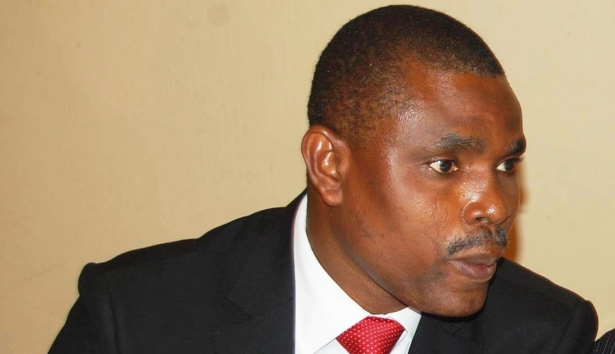KPMG Nigeria says the monetary tightening efforts by the Central Bank of Nigeria (CBN) might prevent banks from giving credit to support the economy.
Monetary tightening occurs when a central bank raises interest rates and deposit ratios to make credit difficult to access in a bid to reduce spending and cut commodity prices.
The audit and advisory firm, on Thursday, said the elevated interest rate might also cause higher non-performing loans.
KPMG revealed this in a flashnote titled ‘CBN’s Monetary Tightening: The Trade-Off Dilemma’.
Advertisement
The monetary policy committee (MPC) at its last meeting on March 26, raised the monetary policy rate (MPR), which benchmarks interest rates, from 22.75 percent to 24.75 percent to rein in inflation.
Inflation stood at 31.70 percent in February – up from 29.90 percent in January 2024.
According to KPMG, the hike in MPR will cause Nigeria to trade off some growth for lower inflation because it will hurt borrowings.
Advertisement
“Furthermore, we note that targeting inflation from the demand side (via a sustained monetary tightening of such scale) may inadvertently cause Nigeria to trade off some growth for lower inflation,” KPMG said.
“This is especially worrying as the nation’s growth has been slow, fragile, and decelerating (3.4% in 2021, 3.1% in 2022 and 2.74% in 2023) in recent times.
“With the real sector already burdened by high borrowing costs and inflation, the CBN’s decision could further shrink the sector by disincentivising investments.
“The higher borrowing costs may induce a scale back on investments in the real sector, adversely affecting employment and growth levels. Also, monetary tightening of such scale may give rise to higher non-performing loans.
Advertisement
“The higher interest rate environment may strain borrowers’ finances and raise their risk of defaulting on loans.”
Citing the federal government’s desire to grow the economy to a $1 trillion economy over the next eight years, KMPG said this ambitious growth drive requires the economy to attain about 12 percent compound annual growth rate (CAGR) over the targeted period.
On the cash reserve ratio (CRR), the firm said the elevated rate would further restrict the ability of banks to channel credit to support the economy’s ambitious growth drive.
“Thus, the restrictive monetary policy environment further casts shadows on the attainability of the government’s economic objective,” KMPG added.
Advertisement
HIKE IN MPR WILL ATTRACT FX INFLOWS
Also, KPMG said the hike in interest rates is expected to attract greater foreign exchange (FX) inflows that would drive the appreciation of the naira in the FX market.
Advertisement
The professional service firm said most of these gains are expected to come from portfolio investments as investors move to take advantage of the higher interest rate environment — but there are risks involved.
“The downside of this “hot money” inflow, however, is the risk of sharp reversals in response to changes in market signals. Large-scale capital reversals are historically known to birth macroeconomic instability,” KMPG said.
Advertisement
INFLATION TO SLOW DOWN POST-MID 2024
According to KPMG, a potential slowdown in inflation rates will take place by post-mid-2024, largely attributed to statistical base effects.
Advertisement
The firm said any reduction in inflation rates should not be solely attributed to monetary policy tightening.
“Meanwhile, with the onset of base effect expected after mid-year, the next few months will be important for assessing the impact of the CBN’s monetary tightening on inflation,” KPMG said.
“Statistically, inflation is set to lose steam after mid-year largely because of the onset of the base effect, except economic policies that significantly pressure prices are implemented. Attributing a decrease in inflation solely to the tightening of liquidity once the base effect kicks in after midyear might be inaccurate.”
FISCAL AND MONETARY AUTHORITIES COLLABORATION
The firm said addressing cost-push inflation is as important as price stability and this requires efforts from both fiscal and monetary authorities.
KPMG said it understands that price stability is a necessary condition for economic growth and that raising interest rates is a “natural response to inflationary pressures in monetary policy playbooks”.
However, the firm believes monetary tightening is more apt for addressing demand-pull inflation.
“Thus, inflation may yield little in response to the monetary tightening efforts, unless the supply-side bottlenecks fanning cost-push inflation are also addressed,” the firm said.
“Eliminating these bottlenecks will require concerted efforts from both fiscal and monetary authorities.”
KPMG also said when the bottlenecks are addressed the intended price stability is delivered without trading-off economic growth.






